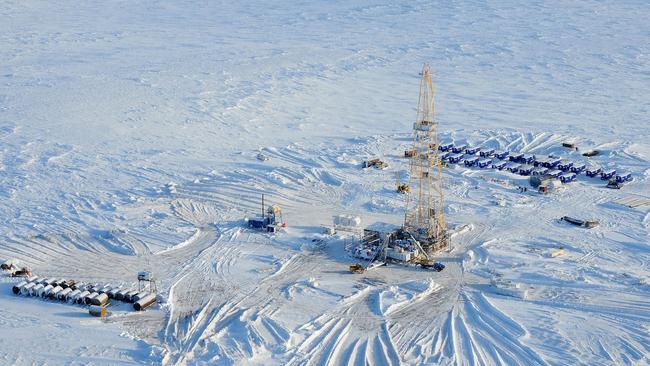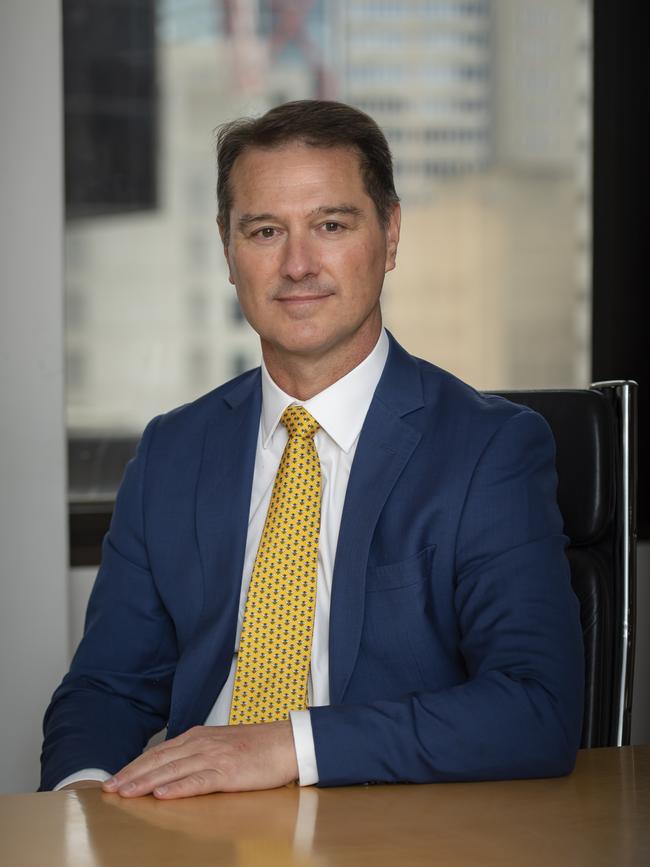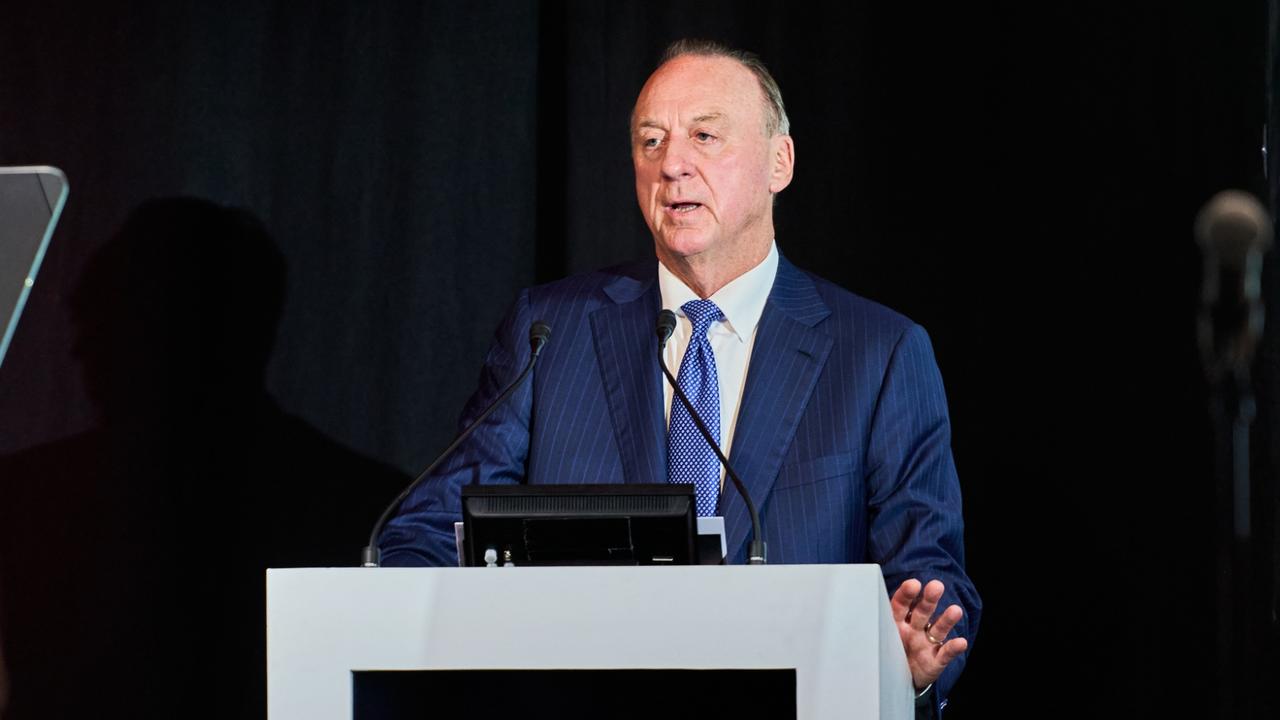The Australian’s Money Cafe: Ukraine crisis – the ethical dilemma for investors
As bargain hunters get publicly slammed, the Ukrainian crisis demands investors take a position on what might happen next.

Business
Don't miss out on the headlines from Business. Followed categories will be added to My News.
The Russia-Ukraine war has surprised and perplexed investors at all levels. In the face of the tragedy, big funds – such as the Coda Capital group – which highlighted bargain hunting opportunities – have been forced to reverse their policy.
Nonetheless, as my guest on The Australian’s Money Cafe podcast this week, David Bassanese, chief economist at Betashares, suggests: “At the end of the day this is a major shock for financial markets and people have to decide what to do with their money.”
Bassanese explains that sharemarkets may be volatile but there has not been a dramatic sell-off because the rebound of the global economy has not been imperilled by the actions of Russia. In economic terms the problems are most largely related to Europe, which is very exposed to Russian oil and Ukrainian wheat.
In an era when ESG (Environmental, Social and Governance) concerns have become a pivotal issue for investors, the Russian invasion is going to be a key test of ethical principles.
Asked if Russia was to gain control of Ukraine, Ukrainian, what would it mean for investors? Bassanese suggests that Russia might actually gain even more power as a commodities player, but the sanctions we have seen launched in recent weeks would then last for years.

Alternatively, if Russia withdraws and sanctions are dropped, investors could have an opportunity to both bargain hunt and align their ESG ambitions since it would signal an improvement inside Russia.
“If there is regime change in Russia we could see massive upside potential,” Bassanese predicts.
For now though, Bassanese says most retail investors have little direct leverage into the situation – the bulk of private investors only have direct exposure to Russia through Emerging Market funds where the country would only have a small weighting.
Instead investors need to keep an eye on interest rates, which may not rise as quickly now that the Ukrainian crisis is set to impede global growth, though inflation may continue to rise due to the supply shock in key commodities such as oil and wheat.
On a separate note, each week on the podcast we answer questions from readers and listeners and this recent question from Jacob prompted listeners to send in a range of answers:
Q. I have 4 unpaid superannuation claims sitting with the ATO that I made while at a previous workplace in 2019. When I call the ATO they say they can‘t give me any information on the case.
What are the next steps I can take to recover this unpaid superannuation debt from a very profitable and thriving business?
Tim B suggested Jacob should go to Australian Taxation Office (ato.gov.au). While Linda Rubenstein, the chair of the Industry Funds Council (IFC) told us: “Some super funds use Industry Funds Credit Control to recover unpaid super on behalf of members.”
See https://ifs.net.au/unpaid-super/our-range-of-services/
If you have a question on any aspect of investment or business please let us know at:
moneycafe@theaustralian.com.au
Originally published as The Australian’s Money Cafe: Ukraine crisis – the ethical dilemma for investors
Read related topics:Russia & Ukraine Conflict



